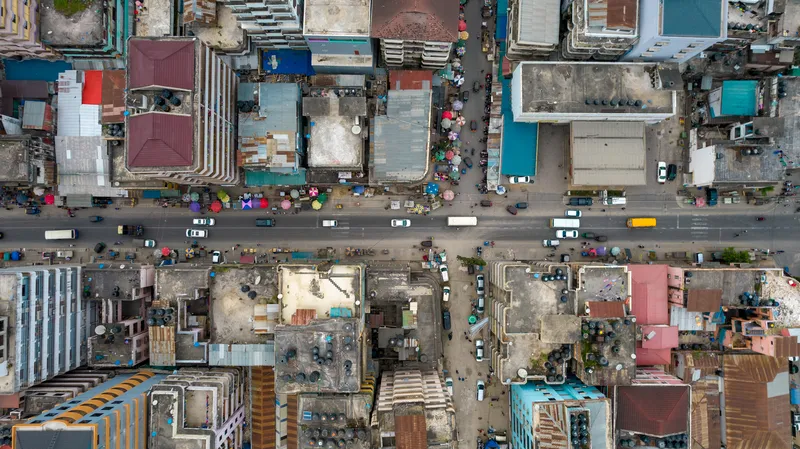Paraguay plans to carry out 33 priority road projects, totalling US$2.44 billion, with the aim of having 8,000 kilometres of the national road network paved in the next ten years, according to the public works and communications ministry (MOPC).
The projects fall within MOPC's strategic road investment plan for 2013-18, which aims to improve internal connectivity as well as prioritise the development of roads that connect with neighbouring countries. In addition, MOPC aims to increase the involvement of
November 6, 2013
Read time: 2 mins
Paraguay plans to carry out 33 priority road projects, totalling US$2.44 billion, with the aim of having 8,000 kilometres of the national road network paved in the next ten years, according to the public works and communications ministry (MOPC).
The projects fall within MOPC's strategic road investment plan for 2013-18, which aims to improve internal connectivity as well as prioritise the development of roads that connect with neighbouring countries. In addition, MOPC aims to increase the involvement of the private sector through concessions or public-private partnerships
Among the 33 priority road projects is the US$282 million, 147 kilometre Natalio-Presidente Franco highway, which may be partially funded by a loan from the Japan International Cooperation Agency JICA, in addition to the US$180 million expansion of routes 2 and 7 and the US$48.6 million Vaquería-Curuguaty highway.
The need to focus on paving Paraguay's roads is urgent as currently only 15.2 per cent of the country's road network is paved, according to the latest figures from Latin American development bank CAF.
The road network is insufficient compared to the size of the country. Accessibility indicators with regards to paved or improved roads are low compared to other countries in the region, says the MOPC.
The projects fall within MOPC's strategic road investment plan for 2013-18, which aims to improve internal connectivity as well as prioritise the development of roads that connect with neighbouring countries. In addition, MOPC aims to increase the involvement of the private sector through concessions or public-private partnerships
Among the 33 priority road projects is the US$282 million, 147 kilometre Natalio-Presidente Franco highway, which may be partially funded by a loan from the Japan International Cooperation Agency JICA, in addition to the US$180 million expansion of routes 2 and 7 and the US$48.6 million Vaquería-Curuguaty highway.
The need to focus on paving Paraguay's roads is urgent as currently only 15.2 per cent of the country's road network is paved, according to the latest figures from Latin American development bank CAF.
The road network is insufficient compared to the size of the country. Accessibility indicators with regards to paved or improved roads are low compared to other countries in the region, says the MOPC.








